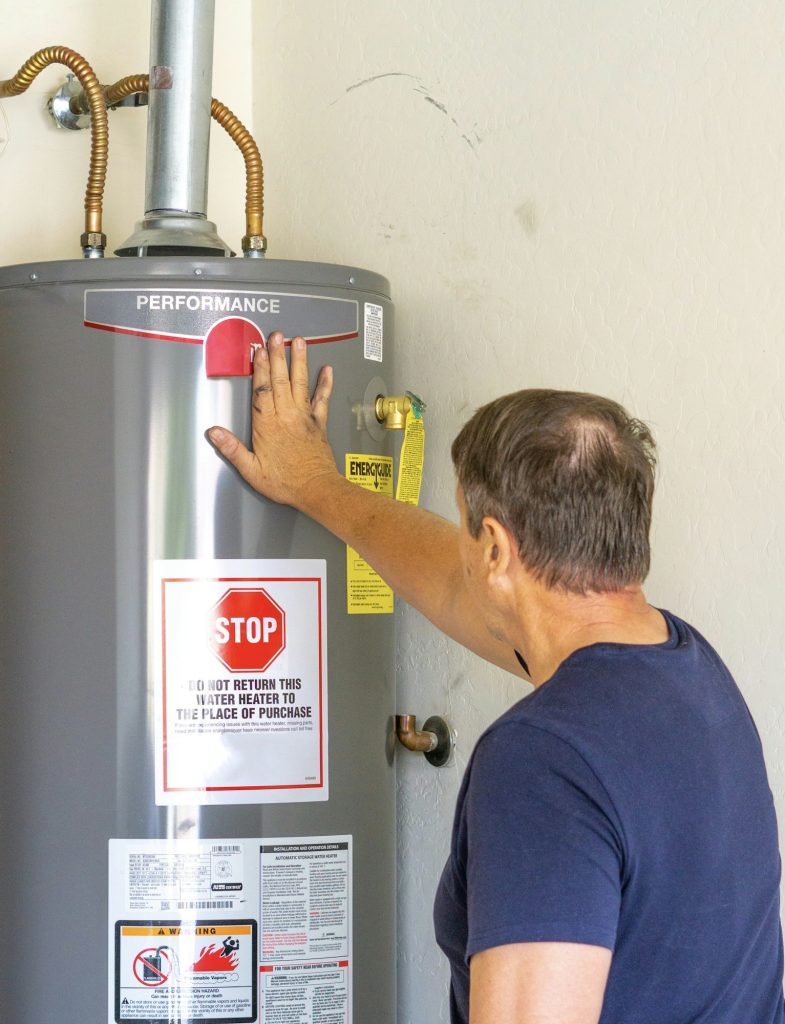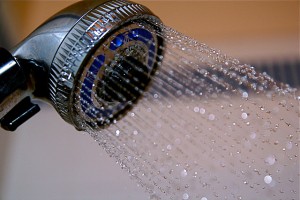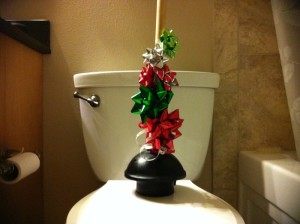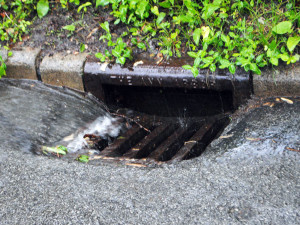At V-Max Plumbing, we know that your water heater is one of the most essential appliances in your home. From hot showers to clean dishes, you rely on it every day—until something goes wrong.
Unfortunately, many homeowners don’t realize their water heater needs repair until it completely stops working, leaving them with cold water and unexpected repair costs.
The good news? Your water heater usually gives warning signs before it fails. By recognizing these early red flags, you can avoid major breakdowns, extend your water heater’s lifespan, and save money on costly emergency repairs.
Here are the top five signs that your water heater needs professional attention before it’s too late.
1. Inconsistent or Lukewarm Water
One of the most obvious signs of a failing water heater is when your hot water isn’t as hot as it used to be or fluctuates between hot and cold.
What Causes This?
- Sediment buildup in the tank creates a barrier between the burner and the water, making heating less efficient.
- A faulty heating element in electric water heaters can result in only lukewarm water.
- A broken dip tube (the part that pushes cold water to the bottom of the tank) can cause cold water to mix with hot water too soon.
Why It Matters
If left untreated, your water heater will eventually stop heating altogether, leaving you without hot water when you need it most. Flushing the tank, replacing the heating element, or repairing the dip tube can restore proper function.
2. Strange Noises Coming from the Tank
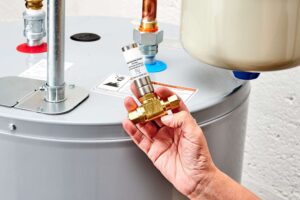
What Causes This?
- Over time, minerals and debris in your water settle at the bottom of the tank.
- As the burner heats the water, the sediment hardens and traps pockets of steam, causing loud popping noises.
Why It Matters
- Excess sediment reduces efficiency, forcing your water heater to work harder and use more energy.
- If not addressed, sediment buildup can lead to cracks in the tank, resulting in water leaks and costly repairs.
A professional water heater flush can remove the sediment and prolong your unit’s lifespan.
3. Discolored or Rusty Water
If brown, rusty, or murky water comes out when you turn on the hot tap, it’s a sign that your water heater or pipes may be corroding.
What Causes This?
- A failing anode rod (the part that prevents rust) can allow corrosion inside the tank.
- If the rust is only present in hot water, it’s likely coming from the inside of your water heater.
- If both hot and cold water are discolored, your home’s pipes may be rusting instead.
Why It Matters
Rust in your water heater means the tank is deteriorating from the inside out. Eventually, this can lead to leaks or total failure, requiring a full water heater replacement. Replacing the anode rod early can help prevent further damage.
4. Leaking Around the Water Heater
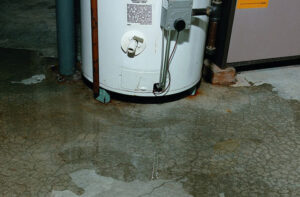
What Causes This?
- Loose connections or fittings may be allowing water to escape.
- A cracked tank due to old age or excessive pressure buildup can result in leaks.
- A faulty temperature and pressure relief (T&P) valve may be allowing excess water to escape.
Why It Matters
Even a small leak can cause water damage, mold growth, and expensive repairs. If the leak is coming from the tank itself, a replacement may be necessary. Regular inspections can catch leaks early before they turn into a disaster.
5. Your Water Heater is More Than 10 Years Old
Water heaters don’t last forever. Most traditional tank water heaters last between 8 to 12 years, while tankless water heaters can last up to 20 years with proper maintenance.
Why Upgrade?
- Older water heaters lose efficiency, leading to higher energy bills.
- Internal corrosion becomes a bigger problem as the system ages.
If you experience multiple issues (rust, leaks, or heating problems), replacement may be more cost-effective than frequent repairs.
How to Check Your Water Heater’s Age:
Look for the serial number on the manufacturer’s sticker—the first two digits often represent the year it was made. If your unit is 10+ years old and experiencing problems, it’s time to consider a replacement.
Need Water Heater Repair? Call V-Max Plumbing Today!
If you’re experiencing inconsistent hot water, strange noises, leaks, or rust-colored water, don’t wait for a complete breakdown. At V-Max Plumbing, we provide expert water heater repairs, maintenance, and replacements for homeowners in Torrance, Bellflower, and surrounding areas.
Don’t let your water heater fail when you need it most. Contact V-Max Plumbing today for fast, reliable service that keeps your hot water running!

